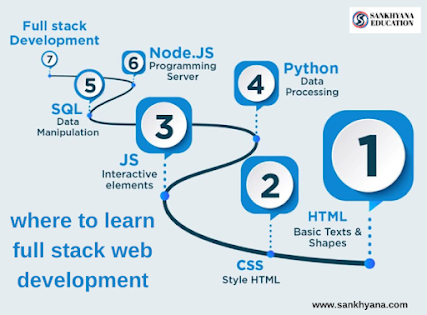AI & Data Science in Pharmaceutical Industry
AI & Data Science in Pharmaceutical Industry
The Transformative Power of AI and Data Science in the Pharmaceutical Industry
Introduction
The pharmaceutical industry has long been at the forefront of scientific advancement, working tirelessly to develop life-saving medications and therapies. However, the journey from drug discovery to market approval is lengthy, expensive, and fraught with challenges. In recent years, the integration of Artificial Intelligence (AI) and Data Science has emerged as a game-changer in this industry. These technologies are revolutionizing drug discovery, development, clinical trials, and patient care. In this article, we will explore the profound impact of AI and Data Science on the pharmaceutical sector.
1. Accelerated Drug Discovery
Traditional drug discovery is a time-consuming and costly process that often involves a trial-and-error approach. AI and Data Science have transformed this paradigm by leveraging large datasets and advanced algorithms to identify potential drug candidates quickly. Machine learning models can analyze biological data, such as genomics, proteomics, and metabolomics, to identify potential drug targets and predict how molecules will interact with the human body. This significantly reduces the time and resources required for early-stage research.
2. Target Identification and Validation
Identifying and validating drug targets are critical steps in the drug discovery process. AI-driven approaches can analyze vast amounts of biological data to pinpoint potential targets with a high degree of accuracy. By sifting through genomic and proteomic data, AI can identify specific proteins or genetic factors associated with diseases. This not only expedites the selection of viable drug targets but also increases the likelihood of successful drug development.
3. Drug Repurposing
AI and Data Science have also opened the door to drug repurposing, a strategy that involves finding new therapeutic uses for existing drugs. By analyzing extensive clinical and biological data, AI algorithms can identify overlooked properties of drugs that make them suitable for treating other conditions. This approach not only reduces the time and cost of drug development but also brings existing treatments to new patient populations.
4. Enhanced Clinical Trials
Clinical trials are a critical phase in drug development, but they are notoriously expensive and time-consuming. AI and Data Science are optimizing clinical trial processes in several ways. Predictive modeling can help identify suitable patient populations, reducing recruitment times. AI algorithms can also analyze real-time patient data to monitor for adverse events and provide early warnings, improving patient safety. Furthermore, AI-driven data analytics can streamline trial design, resulting in more efficient and cost-effective studies.
5. Personalized Medicine
One of the most promising applications of AI and Data Science in the pharmaceutical industry is personalized medicine. By analyzing individual patient data, including genetics, lifestyle, and health history, AI can tailor treatment plans to each patient's unique needs. This approach not only improves the effectiveness of treatments but also reduces adverse reactions, making medicine safer and more efficient.
6. Drug Safety and Pharmacovigilance
Ensuring the safety of approved medications is a critical concern for the pharmaceutical industry. AI and Data Science play a crucial role in pharmacovigilance by analyzing real-world data, including electronic health records and social media, to detect potential adverse reactions and safety issues. This proactive approach allows pharmaceutical companies to respond swiftly to emerging safety concerns.
7. Drug Manufacturing and Supply Chain Optimization
AI-driven predictive maintenance and quality control systems are optimizing drug manufacturing processes. By analyzing data from manufacturing equipment, AI can predict maintenance needs, reduce downtime, and improve product quality. Additionally, AI is helping pharmaceutical companies optimize their supply chains, ensuring the efficient production and distribution of medications.
Conclusion
The pharmaceutical industry is undergoing a profound transformation thanks to the integration of AI and Data Science. These technologies are accelerating drug discovery, enhancing clinical trials, and improving patient care. From target identification to personalized medicine, AI is reshaping every aspect of the pharmaceutical lifecycle. As AI and Data Science continue to evolve, we can expect even more groundbreaking advancements in the development of innovative therapies and the improvement of global public health. The future of medicine is being written in lines of code and data analytics, and the pharmaceutical industry is at the forefront of this revolution.
.png)

.png)
.png)
Comments
Post a Comment